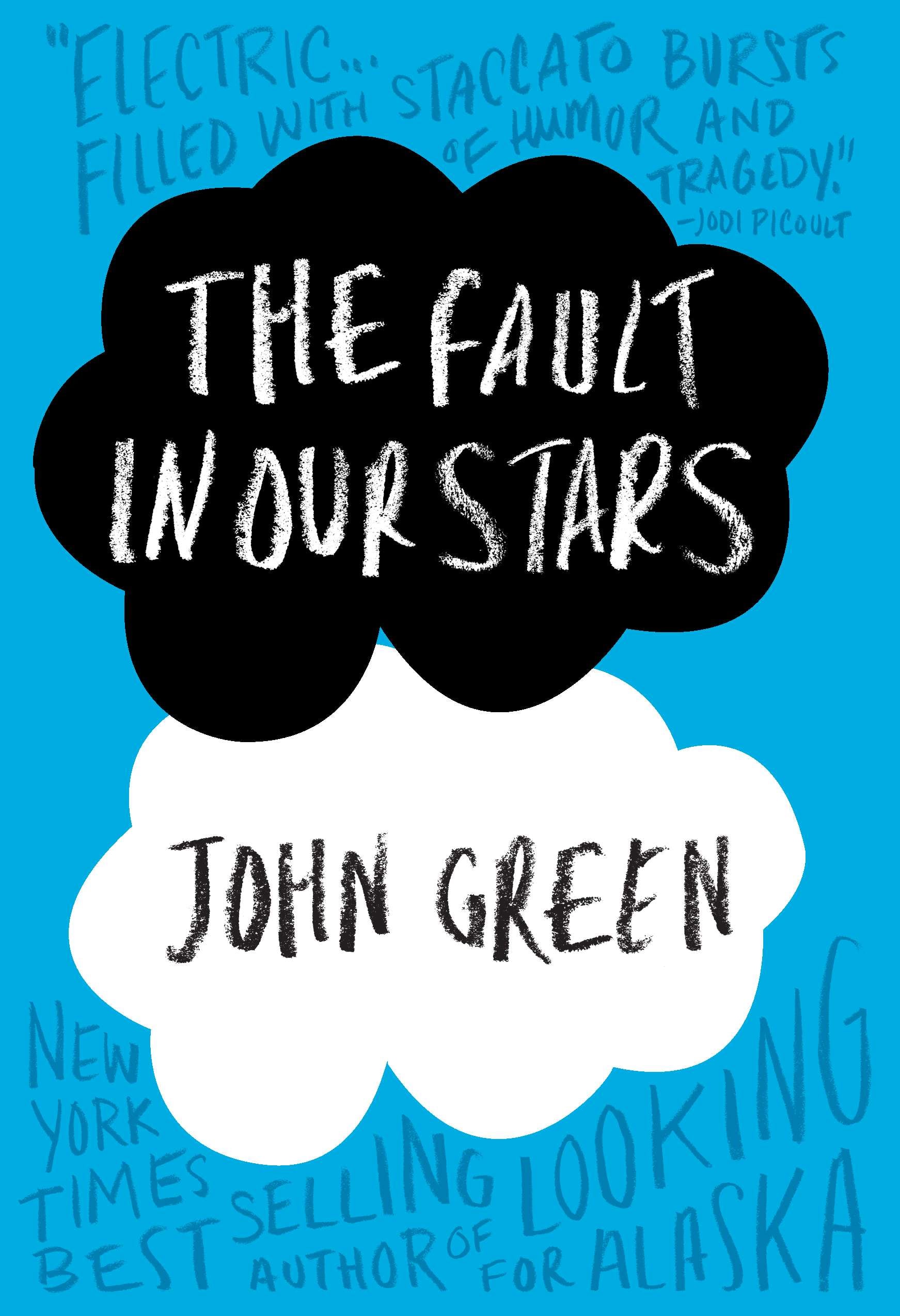My first instinct was to share the heartbreaking news with Isaac, our mutual confidant and fellow cynic when it came to the universe’s cruelty. Isaac would understand my pain—his bitterness toward life’s unfairness mirrored my own sorrow. Yet, as I reached for the phone, an agonizing truth emerged: the person I most needed to talk to about Augustus’s passing was Augustus himself. That realization created an emptiness so profound, it felt as though a vital part of me had been irretrievably taken away.
Time seemed to stretch infinitely in the hours that followed, each moment heavy with the suffocating weight of grief. The pain wasn’t just emotional; it manifested physically, a crushing ache that bore down relentlessly, making every breath a struggle. It was an anguish that defied words, a ten on life’s cruel scale, a loss so personal it felt as if the universe itself had turned its back on me.
In the throes of this sorrow, I instinctively dialed Augustus’s number, desperate for the comfort of his voice. The empty voicemail that greeted me felt like a cruel echo, a reminder that he was truly gone. The silence on the other end of the line amplified the void he left behind, an absence so absolute that it seemed to reverberate in every corner of my being.
Turning to the digital space, I sought solace in his social media profile, which had rapidly transformed into a public memorial. Friends, family, and even distant acquaintances flooded his wall with tributes—some heartfelt, others performative attempts to capture their connection to him. Each post was an effort to preserve his memory, yet they inadvertently highlighted the profound void his absence created.
Amid the well-meaning condolences, I found myself overwhelmed by the paradox of modern grief. While these tributes were meant to honor Augustus, they often felt detached from the raw truth of loss, veering into grand proclamations about eternity or what might lie beyond. Their words, though genuine, felt hollow, a stark contrast to the deeply personal pain I carried. The irony of this digital mourning was glaring: in trying to immortalize him online, the essence of who Augustus truly was seemed to slip further away.
Grief in the digital age, I realized, is a tangled web of remembrance and performance, where public displays of sorrow can feel both comforting and alienating. Each post on Augustus’s wall reminded me of his impact on others but also underscored the irreplaceable connection we shared. The public mourning contrasted sharply with the private agony of missing him—the absence of his voice, his laugh, his presence that no number of tributes could ever restore.
Even in this digital realm, where grief became collective, I felt an overwhelming sense of solitude. The messages, though well-intentioned, couldn’t bridge the chasm left by his passing. Instead, they became a reminder of the irony of loss: while the world might remember Augustus in fragments, I was left to grapple with the entirety of his absence.
Augustus’s passing was not just the loss of a person but the end of a shared story, one filled with moments of love, laughter, and profound understanding. The rituals of grief—calls, social media, and even revisiting memories—felt inadequate in the face of such a monumental void. Yet, in their imperfection, they also revealed the depth of his impact, not just on me but on everyone who had the privilege of knowing him.
Grief, I came to understand, is both a personal and collective journey, a process of holding on and letting go simultaneously. While the world turned to digital tributes to immortalize Augustus, I found myself seeking something far more intangible: the quiet moments that defined who he was and the ways in which his presence forever changed me. Even in death, Augustus taught me that love and loss are two sides of the same coin, bound together in a way that gives life its deepest meaning.
The loss of Augustus Waters left a void that no phone call, social media tribute, or memory could fully fill. Yet, in the midst of the pain, his legacy endured—not just in the digital spaces where others honored him, but in the quiet, personal moments that shaped our connection. His life was a testament to the beauty of love, even in the face of inevitable loss, and his memory became a guiding force, reminding me to cherish the moments that make life meaningful.
Through this chapter of mourning, I learned that grief is not something to overcome but something to carry, a reminder of the love that once was and the profound ways it shaped the person left behind. Augustus’s story, though cut short, left an indelible mark, teaching me that even in the silence of his absence, his presence could still be felt.

